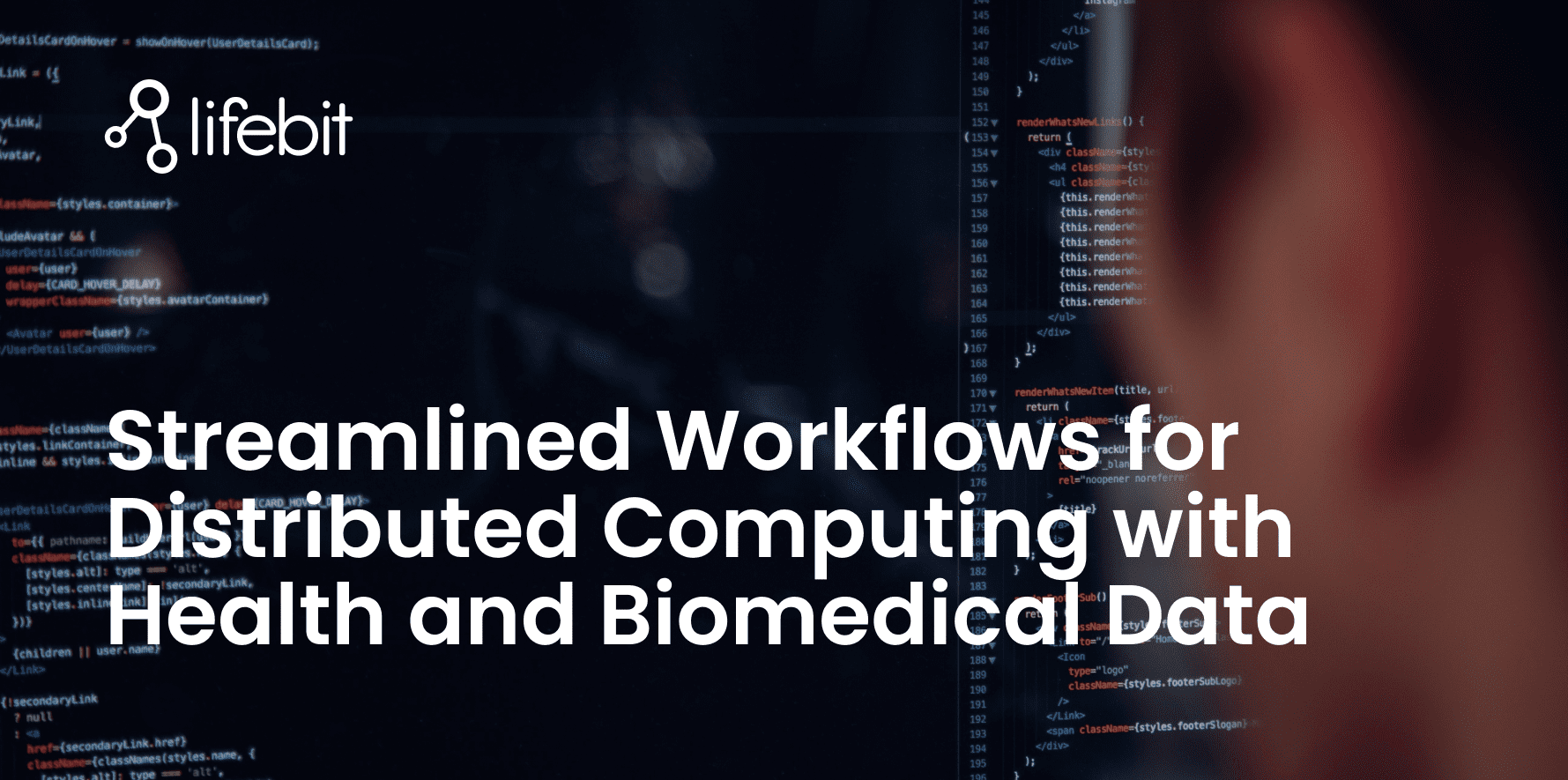22 July 2024
Author: Ashley Le
Ensuring Privacy in Cardiology Big Data Research
Privacy and security are critically important for cardiology research to ensure patient confidentiality is protected. Secure handling of data enables long-term research continuity and facilitates collaboration among researchers and institutions. Cardiology research often involves sensitive personal health information, including medical histories, diagnostic test results, and treatment outcomes. Protecting this information ensures patient confidentiality and upholds their privacy rights. Maintaining strong privacy and security measures fosters trust between researchers and participants.
Featured Resource: Discover Lifebit’s Approach to Data Security in our White Paper
Patients are more likely to participate in studies and share their health data if they are confident that their information will be protected from unauthorized access or breaches. Respecting patient privacy is an ethical imperative in medical research. Researchers have a responsibility to ensure that patient information is handled with care, minimizing risks of harm and ensuring confidentiality throughout the research process. For example, data federation offers a solution to solving the problem of data access, without compromising data security. It enables numerous databases to work together as one. Using this technology is highly relevant for accessing sensitive cardiology health data, especially as federal agencies work towards increasing diversity in clinical trials. Traditionally, data is moved or duplicated for analyses and it often becomes vulnerable to interception. The movement of large datasets is also very costly for researchers. With data federation, data remains within appropriate jurisdictional boundaries, while metadata is centralized and searchable and researchers can be virtually linked to where it resides for analysis.
Furthermore, privacy and security in cardiology research are essential to protect patient confidentiality, build trust with participants, uphold ethical standards, maintain data integrity, and support collaborative research efforts. These measures are crucial for advancing medical knowledge while ensuring the safety and privacy of individuals contributing to research studies.
Summary
Longitudinal health data is a valuable resource for the healthcare industry. It provides insights into an individual's health history and enables continuous health monitoring, personalized medicine, and data-driven healthcare decisions. Moreover, this data is transforming the healthcare industry by improving population health management, clinical research, and precision health.
While there are challenges in its utilization, the benefits of longitudinal health data cannot be ignored. It is an essential component of data-driven healthcare, and its importance will only continue to grow in the future. The industry must continue to address the challenges associated with longitudinal health data to fully harness its potential and improve health outcomes for individuals and populations alike.
About Lifebit
Lifebit is a global leader in precision medicine data and software, empowering organisations across the world to transform how they securely and safely leverage sensitive biomedical data. We are committed to solving the most challenging problems in precision medicine, genomics and healthcare with a mission to create a world where access to biomedical data will never again be an obstacle to curing diseases.
Lifebit's federated technology provides secure access to deep, diverse datasets for your clinical trials from over 100 million patients.
Discover our Global Data Network and book a data consultation with one of our experts now.
References:
Big Data in Cardiology: State-of-Art and Future Prospects (Frontiers in Cardiovascular Medicine)
With the help of AI, cardiologists can predict who will develop A-Fib (National Public Radio)
New generation of female entrepreneurs tackles women’s heart health (The Washington Post)
Women More Than Twice as Likely to Die After Heart Attack Than Men, Study Finds (Health)
P4 medicine: how systems medicine will transform the healthcare sector and society (HHS Author Manuscripts)
About Coronary Disease (Centers for Disease Control and Prevention)
Lower Your Risk for the Number 1 Killer of Women (Centers for Disease Control and Prevention)
With the help of AI, cardiologists can predict who will develop A-Fib (National Public Radio)
In Good Health: Medical Missteps For Women With Heart Disease (National Public Radio)
Representation of women in heart failure clinical trials: Barriers to enrollment and strategies to close the gap (American Heart Journal Plus)
Heart disease in the United States (Centers for Disease Control and Prevention)
Education and Awareness (National Heart, Lung, and Blood Institute)
What Is Coronary Heart Disease? (National Heart, Lung, and Blood Institute)
Women and Heart Disease (National Heart, Lung, and Blood Institute)
.webp)
.png?width=1024&height=635&name=Cardiology%20and%20the%20Data%20Evolution_Image1%20(2).png)
.png?width=1078&height=545&name=Cardiology%20and%20the%20Data%20Evolution_Image2%20(1).png)


